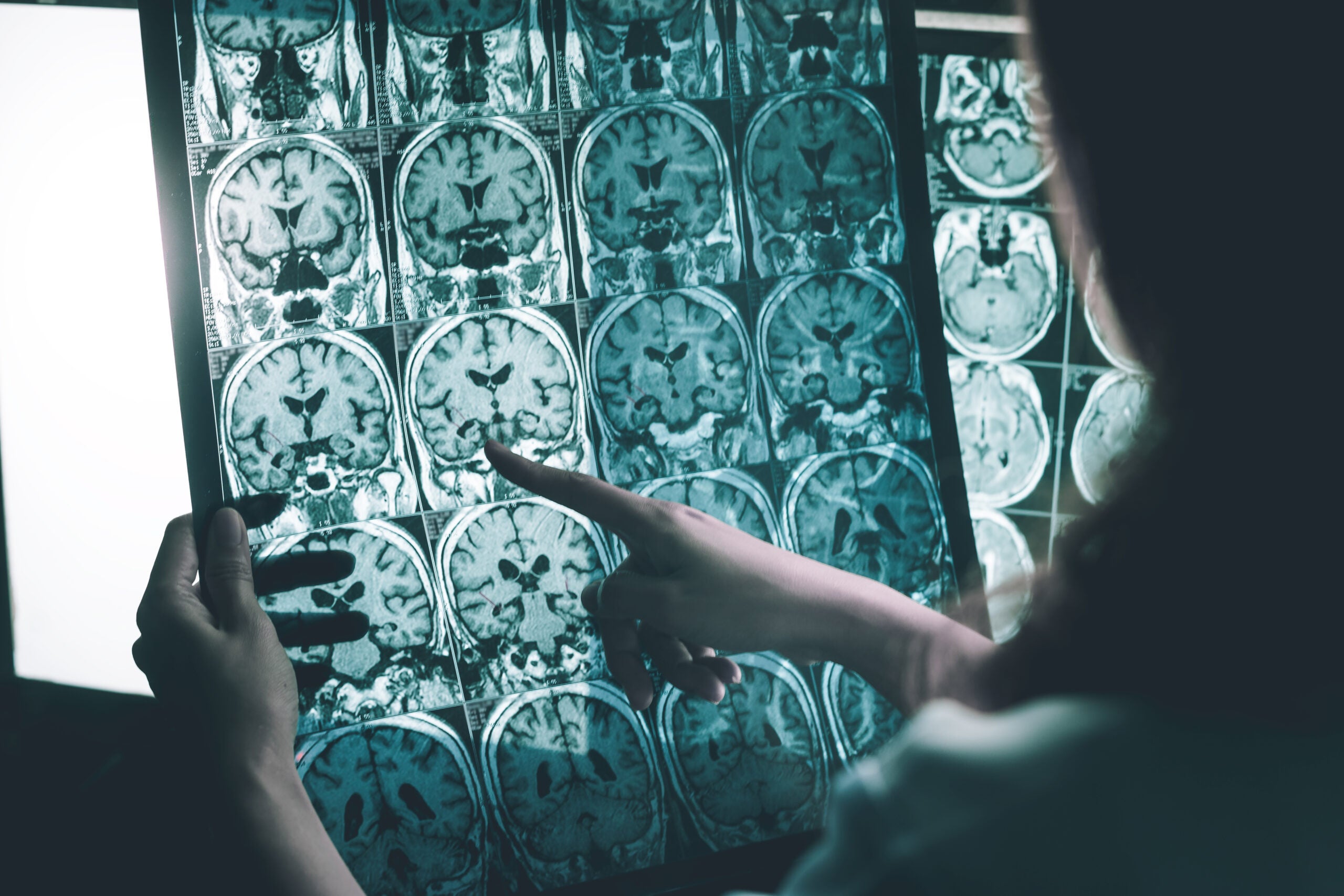The brain might be called the control center of the body. But sometimes, it’s the gut calling the shots.
The bacteria living in our intestinal tracts are a thriving world unto themselves, with 150 times more genetic material than the entire human genome and weighing about as much as a human brain.
The gut microbiome isn’t just in the same weight class as our brains; it’s in the same physiological arena, affecting our behavior, personality and risk of developing some neurological conditions like autism and Parkinson’s disease.
News with a little more humanity
WPR’s “Wisconsin Today” newsletter keeps you connected to the state you love without feeling overwhelmed. No paywall. No agenda. No corporate filter.
Two researchers recently joined WPR’s “Wisconsin Today” to talk about how our gut microbiomes can influence us in good and bad ways.
Vanessa Sperandio, professor and chair of the medical microbiology and immunology department at the University of Wisconsin-Madison, has studied how the connect between the intestinal system and the brain — called the gut-brain axis — plays into addiction.
Sperandio explained that E. coli, the bacterium famous for making people violently ill, always lives in our guts. She found that when there’s an overgrowth of E. coli, a person becomes more susceptible to cocaine addiction.
“If you have an expansion of E. coli … you enhance … cocaine addiction behaviors, cocaine seeking behaviors, cocaine administration behaviors,” she said.
Why do these bacteria have so much power? Because they have a direct line to the brain, Sperandio said, and the brain talks back. These bacteria act like neurotransmitters and produce neurotransmitters.
E. coli eat an amino acid called glycine, which is preventive against cocaine addiction. An overgrowth of E. coli leads to a deficit of this protective amino acid. In her studies on mice, Sperandio has found that giving glycine to mice suffering from cocaine addiction helps reduce addictive behaviors.
There are countless examples of gut bacteria influencing our lives. Maggie Alexander, an assistant professor of medical microbiology and immunology at UW-Madison, is studying how the gut-brain axis affects autoimmune diseases, where the immune system attacks healthy parts of the body.
“There’s been this really strong connection of microbiota and autoimmune conditions,” Alexander told “Wisconsin Today.”
Specifically, Alexander looks at how following a ketogenic diet affects people living with multiple sclerosis. Research has shown that the ketogenic diet helps manage symptoms of MS. Alexander is trying to figure out why that is.
Ketosis — the state the body enters in a ketogetic diet — has also recently been found to be linked with reducing symptoms of severe mental illness.
She hopes an improved understanding of how ketosis affects the gut-brain axis can lead to more targeted medicine for people living with MS and other autoimmune conditions.
“This is … a really exciting time to be thinking about these things,” Alexander said.



